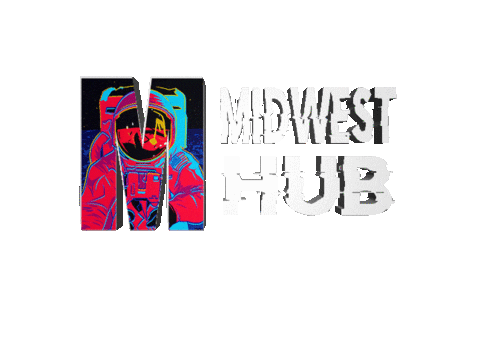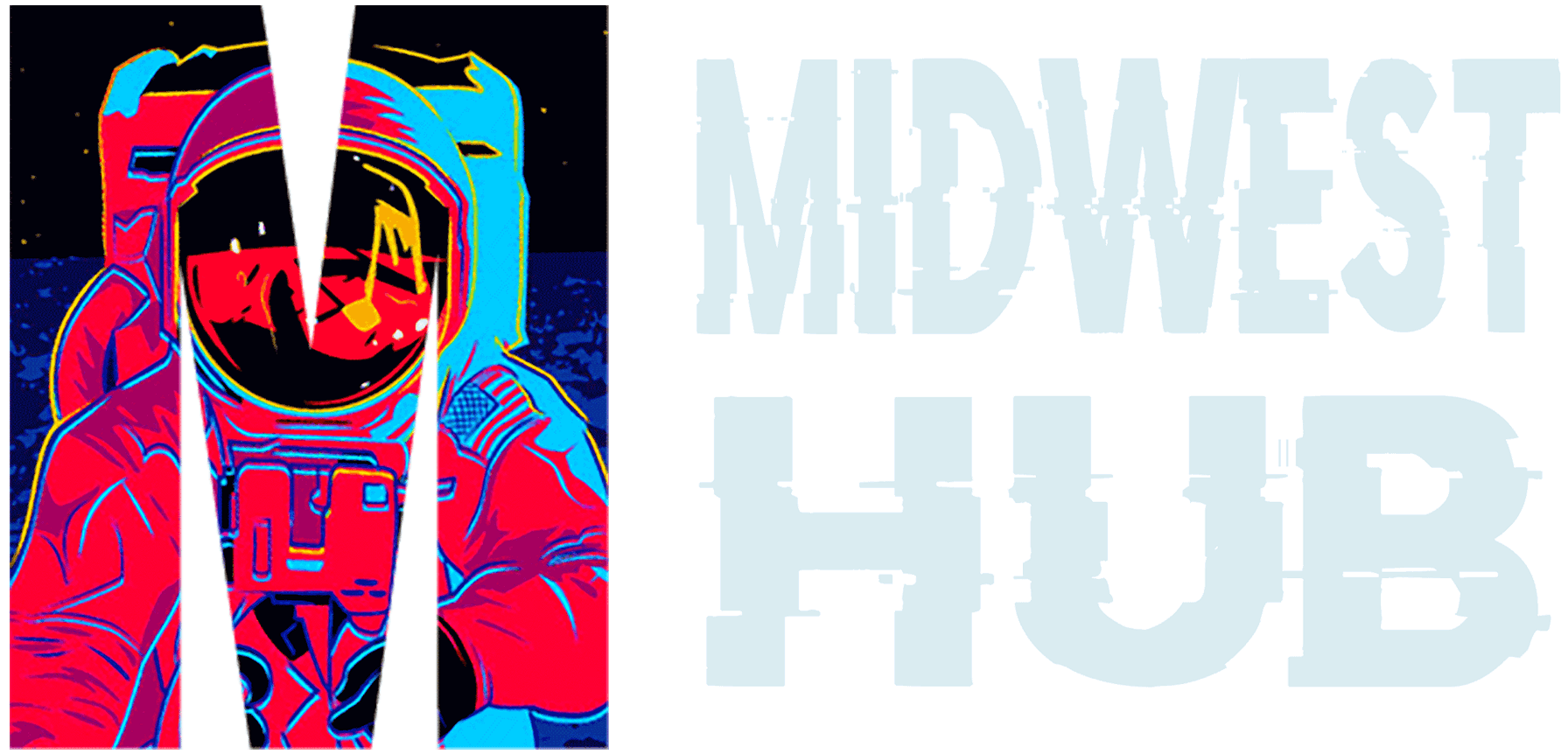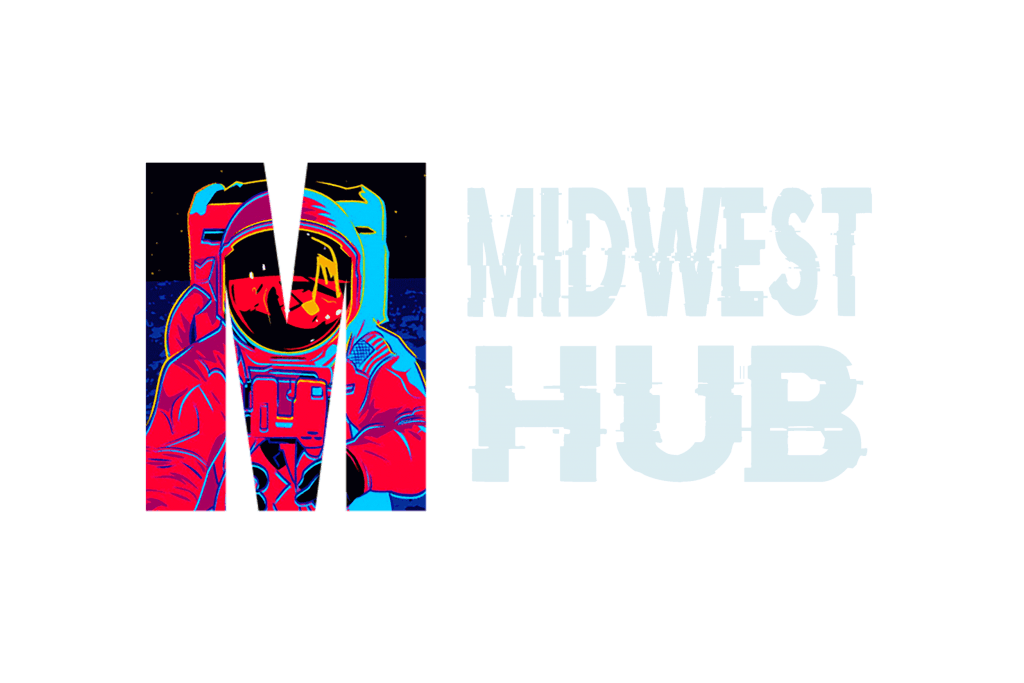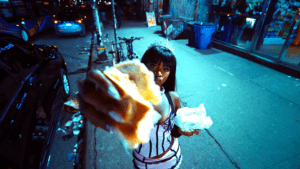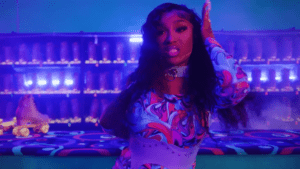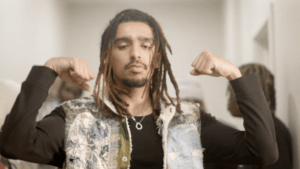
AI and Creativity in Music: A Friend or Foe?
Artificial intelligence is reshaping the music industry, sparking debates about whether it’s a tool for expanding creative possibilities or a force stifling human artistry. Does AI help or hurt creativity in music? Well, the answer isn’t so black and white—it’s a symphony of both innovation and concern.
The Harmonies: AI as a Creative Partner
AI can act as a powerful collaborator for musicians, offering new avenues for experimentation. Tools powered by machine learning can generate melodies, assist with lyric writing, create entire music video treatments and even suggest chord progressions based on vast databases of musical history. Artists can use AI to spark inspiration, break creative blocks, or explore genres they might not have otherwise considered.
Moreover, AI-driven production software allows musicians to refine their sound with precision, automating mixing and mastering processes that once required extensive studio work. Some artists even train AI models on their own work, creating virtual versions of their style to complement their real-world compositions.
The Dissonances: The Fear of Losing the Human Touch
On the flip side, critics argue that AI might dilute the authenticity of music. Creativity thrives on human experiences, emotions, and imperfections—elements that algorithms struggle to replicate. There’s concern that an over-reliance on AI-generated music could lead to a homogenized sound, where originality takes a back seat to formulaic results derived from data patterns rather than raw expression.

Additionally, ethical questions arise: Who truly owns an AI-generated composition? Can machines replace composers, producers, and musicians? And will AI make it harder for new artists to break through when automated tools can flood the market with infinite creations?
Striking the Right Chord
Ultimately, AI is neither the villain nor the hero of music—it’s a tool, and how it’s used determines its impact. When harnessed thoughtfully, it can push artistic boundaries, freeing musicians to focus on what makes music compelling: emotion, storytelling, and individuality. However, if AI dominates creative spaces without human oversight, music risks losing the soul that makes it resonate.
The future of AI in music is still unfolding. The challenge lies in ensuring that technology remains an enhancer, not a replacement, of human creativity. For now, AI is playing its part—but it’s up to musicians to keep the melody uniquely theirs.
TAKE THE POLL
What are your thoughts on AI in music? Do you see it as a new frontier for innovation or a threat to authenticity?
Let’s keep the conversation going. Visit our Instagram post below, take the poll and share your thoughts.
